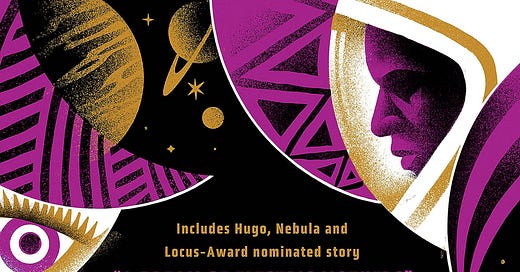Review: Imperfection is future-proof
This is Wole Talabi at his best, dazzling with tales of wisdom, wonder and woe.
Jacqueline Nyathi
Perhaps because of his background as an engineer and certainly because he was an early reader of science fiction, Wole Talabi is a master of literary futurism. But Talabi has said he doesn’t feel constrained by genre, and much of his short fiction is a blend – a “continuum of the fantastic”.
Convergence Problems is a collection that displays this literary philosophy to full effect. In Debut, AI makes art on its own while the Hugo- and Nebulanominated novelette A Dream of Electric Mothers blends ancestral belief with technology in an imagined future.
Talabi keeps his eye firmly on the present, too, with stories like the excellent Nigerian Dreams, which examines migration, and Abeokuta52, where Nigerian citizens pay a high price for the country’s development. Abeokuta52 is our favourite of the two hermit crab stories in the collection; the other story is Comments on your Provisional Patent Application for an Eternal Spirit Core.
Ganger, a novella, imagines a postapocalyptic Nigeria with people divided by class into arcologies and villas under a dome. The Million Eyes of a Lonely and Fragile God is reminiscent of the movie Gravity. The heartbreaking Embers is about a man stranded in time when the rest of the world and his village move on from oil, leading to tragic consequences.
Saturday’s Song references the nightmare god Shigidi from Talabi’s debut novel: Shigidi and the Brass Head of Obalufon. Included in The Continent’s top five novels of 2023, Shigidi and the Brass Head of Obalufon was a finalist in the Nebula awards and nominated for the British Science Fiction awards.
Convergence Problems illustrates why Talabi is not just one of our favourite African writers but one of most exciting science fiction writers on the world stage today.




